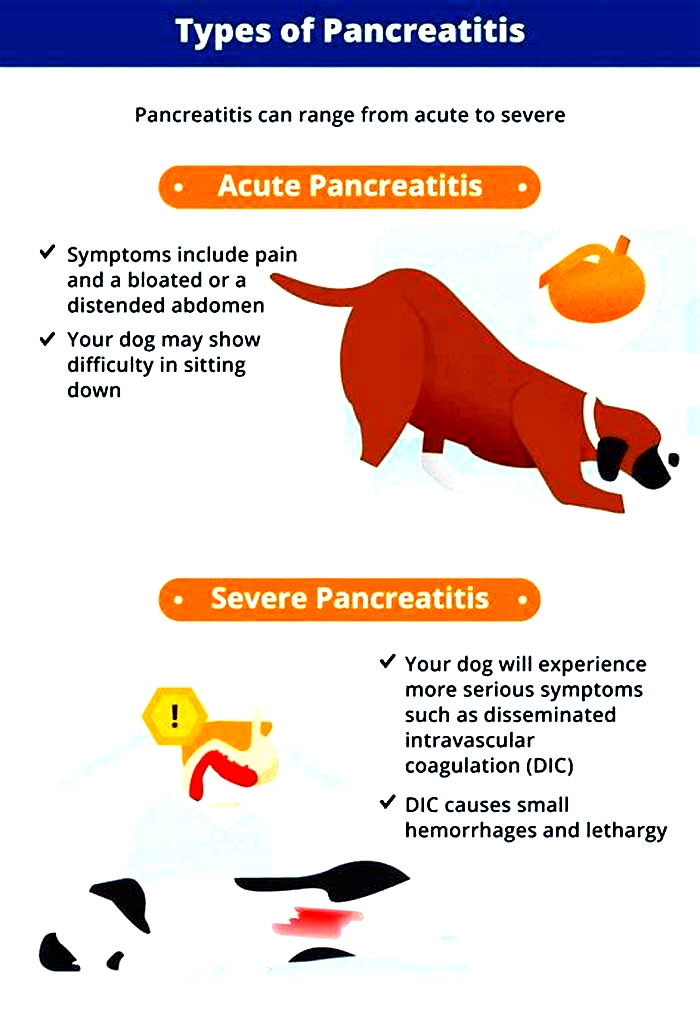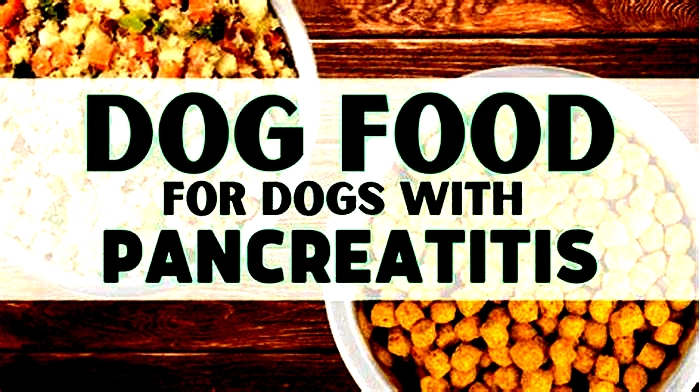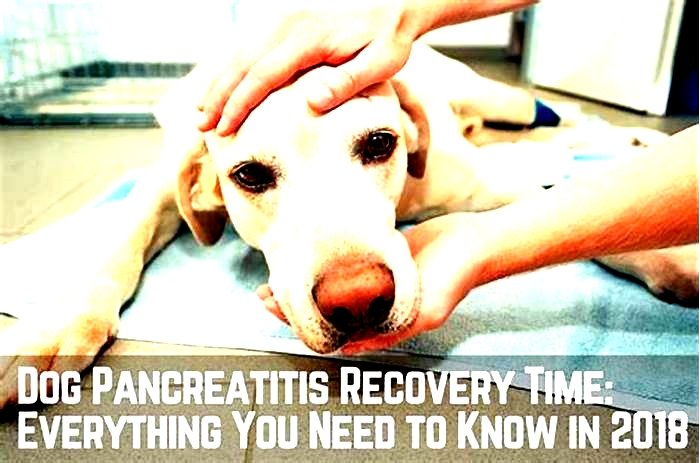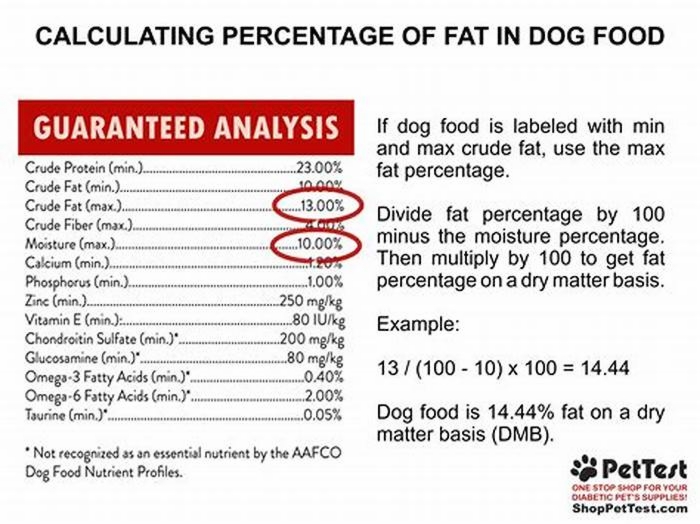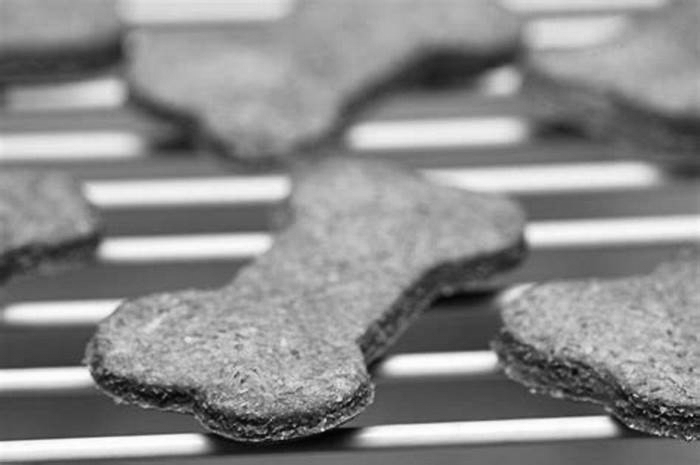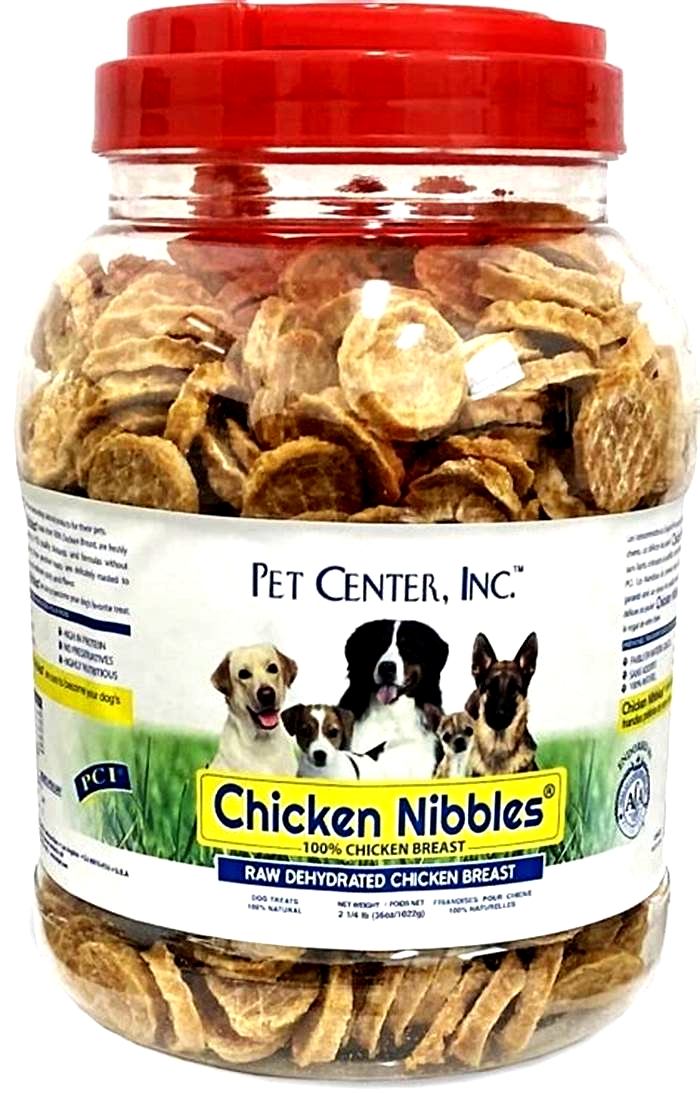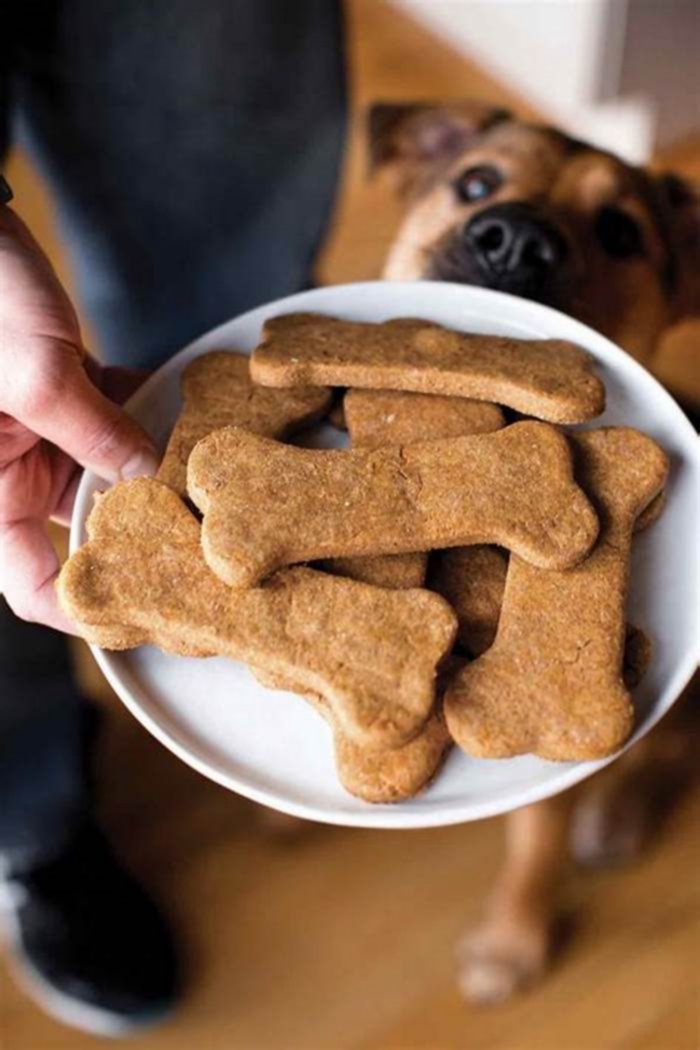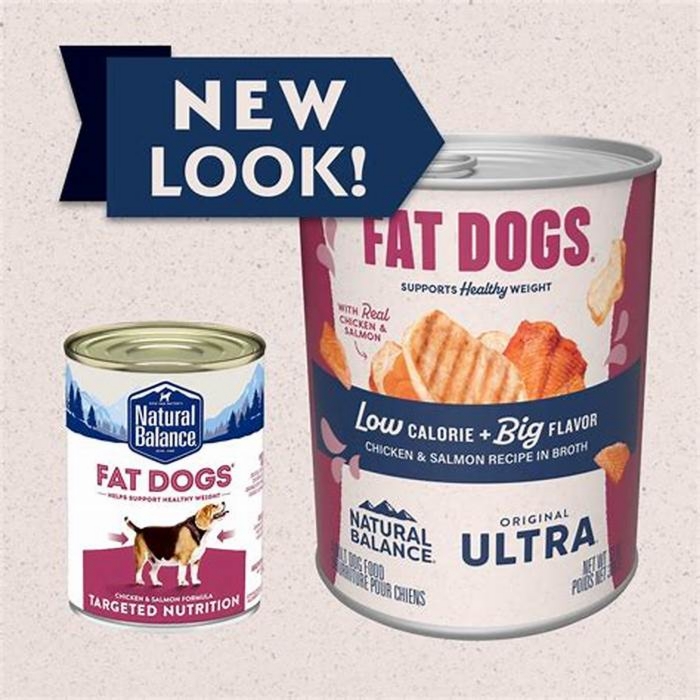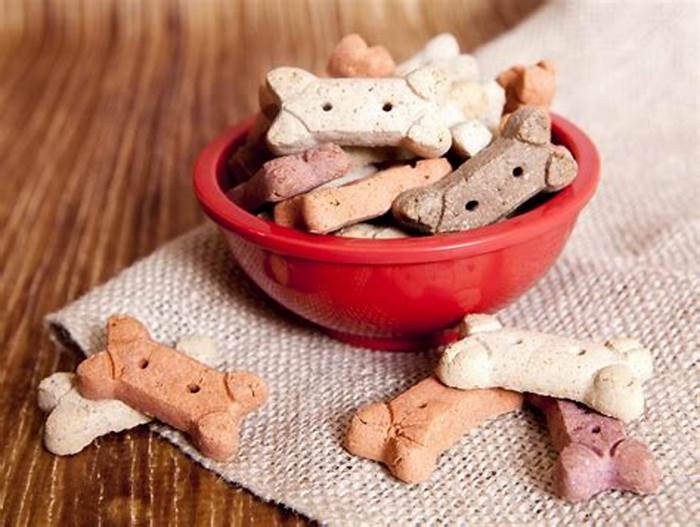Can dog with pancreatitis have treats
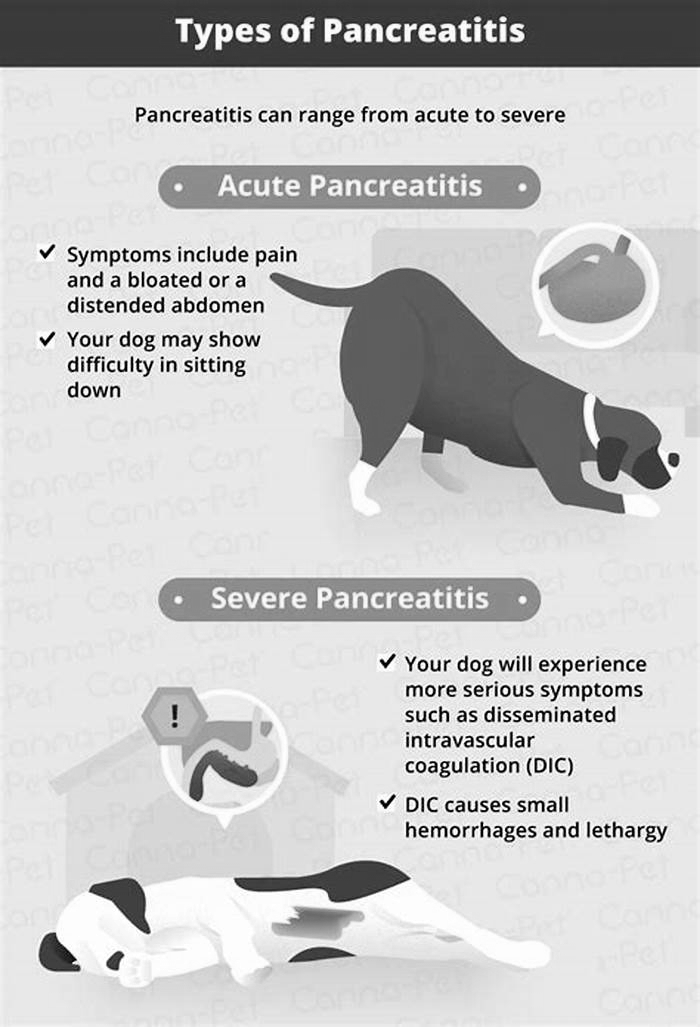
10 Best Treats for Dogs With Pancreatitis: A Tail-Wagging Guide
Hello, dog lovers! If your furry friend is dealing with pancreatitis, you know how important it is to choose their treats carefully. Pancreatitis, an inflammation of the pancreas, means your dog needs a diet low in fat but still full of flavor and nutrition. To help you navigate this challenging condition, weve scoured the canine culinary world for the best treats that are safe, healthy, and delicious for dogs with pancreatitis.
Key Takeaways for Quick Sniffers:
- Low-Fat is Key: Look for treats with low fat content, ideally under 10%.
- Quality Proteins: Choose treats with high-quality, easily digestible proteins.
- Avoid Artificial Additives: Say no to treats with artificial colors, flavors, or preservatives.
- Vegetable-Based Options: Consider treats made from vegetables, which are naturally low in fat.
- Hydration Helps: Treats that boost hydration, like freeze-dried fruits, can be beneficial.
Chart of Champions: Top Treats for Pancreatitis Pooches
| Treat Name | Key Ingredient | Fat Content | Why We Love It |
|---|---|---|---|
| 1. Purina Pro Plan Veterinary Diets Gentle Snackers | Hydrolyzed Protein | Very Low | Vet-approved, highly digestible |
| 2. Hills Prescription Diet Original Dog Treats | Low Fat | Low | Specially formulated for health issues |
| 3. Charlee Bear Grain Free Crunch | Chicken & Apples | Low | Grain-free, minimal ingredients |
| 4. Fruitables Skinny Minis | Grilled Bison | Low | Unique flavors, no wheat, corn, or soy |
| 5. Hills Grain Free Dog Treats | Beef & Sweet Potatoes | Low | Tasty, without the grains |
| 6. Covetrus Nutrisential Lean Treats | Chicken Flavor | Low | Bite-sized, perfect for training |
| 7. Blue Buffalo Health Bars | Pumpkin & Cinnamon | Moderate | Crunchy, with added health benefits |
| 8. Rachael Ray Nutrish Savory Roasters | Roasted Chicken | Moderate | Real meat, no artificial flavors |
| 9. Vital Essentials Freeze-Dried Minnows | Minnows | Very Low | Pure fish, omega-3 rich |
| 10. Afreschi Turkey Tendon | Turkey Tendon | Moderate | Natural chew, cleans teeth while they eat |
The Scoop on Each Treat
Purina Pro Plan Veterinary Diets Gentle Snackers: These are formulated for dogs with digestive issues and are super gentle on the stomach.
Hills Prescription Diet Original Dog Treats: A great companion to prescription diets, these treats support your dogs health without aggravating pancreatitis.
Charlee Bear Grain Free Crunch: With no grains and low fat, these are ideal for sensitive stomachs and weight management.
Fruitables Skinny Minis: Delicious and safe for dogs with dietary restrictions, offering a burst of flavor with every bite.
Hills Grain Free Dog Treats: Focus on flavor without the added grains, making them easier to digest for dogs with pancreatitis.
Covetrus Nutrisential Lean Treats: These treats are not just low in fat but are also perfect for keeping your dog motivated during training sessions.
Blue Buffalo Health Bars: Packed with natural ingredients and added benefits, these treats are a healthier crunchy option.
Rachael Ray Nutrish Savory Roasters: Made with real meat and minimal ingredients, these treats are both healthy and hearty.
Vital Essentials Freeze-Dried Minnows: Offering high-quality protein with the added benefits of omega-3 fatty acids, these are great for your dogs coat and skin.
Afreschi Turkey Tendon: These natural chews help keep your dogs teeth clean while providing a satisfying, low-fat snack.
Conclusion
Choosing the right treats for a dog with pancreatitis can be a balancing act, but its crucial for their health and happiness. By focusing on low-fat, high-quality ingredients and avoiding artificial additives, you can provide your pooch with snacks that are not only safe but also incredibly satisfying. Remember, always consult your vet before making dietary changes, especially for dogs with health issues. Heres to happy, healthy snacking!
Interview with a Veterinary Nutrition Expert
Q: What makes pancreatitis in dogs a particularly challenging condition to manage through diet?
A: Pancreatitis is like walking on a nutritional tightrope. The pancreas plays a pivotal role in digesting fats, so when its inflamed, processing even normal amounts of fat can cause discomfort and flare-ups. The challenge lies in formulating a diet thats low enough in fats to prevent aggravating the pancreas, yet still meets all the nutritional needs of a dog. Additionally, each dog may react differently to certain foods, requiring personalized diet plans.
Q: Can you highlight the importance of low-fat treats in a pancreatitis diet?
A: Low-fat treats arent just a preference; theyre a necessity. In pancreatitis, fat is the enemy that can trigger painful episodes. Providing low-fat treats ensures that were not unknowingly causing harm while rewarding our pets. Its about finding that balance where the treat is both enjoyable for the dog and safe for their condition. This often means relying on treats that are specially formulated to be low in fat but rich in other nutrients, ensuring the dog still gets a satisfying snack without the risk.
Q: How do the recommended treats help manage pancreatitis while still engaging a dogs taste buds?
A: Its all about creativity and understanding canine nutrition. Manufacturers of these treats often use ingredients that are naturally low in fat but high in flavor. For example, hydrolyzed proteins provide a safe protein source without the fat, and ingredients like pumpkin and apple offer a sweet, satisfying crunch. Each treat is designed to be more than just a snack; its a carefully balanced supplement to their diet that dogs genuinely enjoy. The variety available also means dogs can enjoy different flavors and textures without their owners worrying about pancreatitis flare-ups.
Q: With the emphasis on low-fat and high-quality ingredients, how can pet owners ensure theyre choosing the right treats?
A: Pet owners should become label detectives. Understanding the nutritional information on treat packaging is crucial. Look for treats with clearly marked low-fat content, but also be mindful of other ingredients. Avoid anything with artificial additives or unnamed meat by-products, as these can sometimes cause digestive upset. High-quality treats will often list real meat, vegetables, or fruits as their primary ingredients. Consulting with a veterinarian or a veterinary nutritionist can also provide guidance tailored to their dogs specific health needs.
Q: Are there any homemade treat options for dogs with pancreatitis, or is it safer to stick with store-bought options?
A: Homemade treats can be a fantastic option, provided you have the right recipes and guidance. Using lean meats like turkey breast, low-fat cottage cheese, or vegetables like carrots and green beans, pet owners can create treats that are both safe and appealing. The advantage of homemade treats is the ability to control exactly what goes into them, ensuring they are as low in fat as possible. However, its crucial to consult with a veterinarian or a nutrition expert to ensure these homemade treats meet the nutritional requirements without risking the dogs health. Remember, moderation is key, even with the safest ingredients.
HELP US PUT FOOD ON THE TABLE
Pancreatitis-Friendly Dog Treats: A Guide To Safe Snacking

As pet owners, we all want to spoil our furry friends with delicious treats. However, if your dog has been diagnosed with pancreatitis, the options for snacks become limited. Pancreatitis is a serious condition where the pancreas becomes inflamed and can no longer function properly. Therefore, it's crucial to provide a diet that won't worsen their condition. But don't fret, as there are still plenty of tasty treats you can give your furry friend without compromising their health. In this article, we'll explore some delicious and nutritious treats you can give your dog with pancreatitis.
| Characteristics | Values |
|---|---|
| Low-fat content | 10% fat |
| High in protein | 25% protein |
| Grain-free | No wheat, rice, corn |
| Limited ingredient | Minimal ingredients, single protein source |
| Easily digestible | Avoid fillers, artificial ingredients |
| Moisture-rich | Helps with hydration |
| Smaller portions | Avoid overfeeding |
| Veterinary approved | Consult with your vet before feeding any treat |

What are some low-fat, high-protein treats that I can give my dog with pancreatitis?
Pancreatitis is a serious condition in dogs that occurs when the pancreas becomes inflamed. This can result in a range of symptoms, including vomiting, loss of appetite, and abdominal pain. One of the key ways to manage pancreatitis in dogs is through diet, and in particular, finding low-fat, high-protein treats that can be given to them.
Here are a few options for low-fat, high-protein treats that can help dogs with pancreatitis:
Boiled chicken or turkey breast
Chicken and turkey are both great sources of lean protein, and can be boiled and shredded to create a simple, low-fat treat for your dog. Make sure to remove any skin or fat before feeding to your dog.
Cottage cheese
Cottage cheese is a great source of protein and can be a tasty treat for dogs with pancreatitis. Look for low-fat varieties to keep the fat content down, and consider mixing it with some cooked and shredded chicken for an extra boost of protein.
Green beans
Green beans are a great low-fat treat option for dogs with pancreatitis, as they are high in fiber and very low in fat. You can boil or steam them to soften them up a bit, and even mix them in with some diced chicken or turkey for a more substantial snack.
Apples
Apples are a great low-fat snack option for dogs, as they are high in fiber and low in fat. Make sure to remove the seeds and core before feeding to your dog, and slice them into small pieces for easy digestion.
Carrots
Carrots are another great low-fat snack option for dogs, as they are high in fiber and low in fat. You can cook them up in the oven for a little extra crunch, or slice them into thin discs for a softer treat option.
Remember to always check with your veterinarian before introducing new foods or treats into your dog's diet, especially if they have pancreatitis. With the right diet and management plan, however, dogs with pancreatitis can still enjoy a range of tasty and satisfying treats.

Are there any commercially available dog treats that are specifically designed for dogs with pancreatic issues?
Pancreatic issues in dogs can be a serious condition that requires special diets and treatments to manage. One of the key components of successful management of pancreatic issues is maintaining a healthy diet and feeding your dog a balanced and nutritious diet. In addition, many pet owners ask the question, "Are there any commercially available dog treats that are specifically designed for dogs with pancreatic issues?"
The answer is yes there are commercially available dog treats that are specifically formulated for dogs with pancreatic issues. These treats can help manage symptoms such as nausea, vomiting, and diarrhea, which are common in dogs with pancreatic issues.
One such commercially available treat is Royal Canin Gastrointestinal Low Fat treats. These treats are formulated to meet the nutritional needs of dogs with sensitive stomachs and digestive issues, including those with pancreatic issues. They are easy to digest, low in fat and calories, and have a limited ingredient list to minimize food sensitivities.
Another option is the Zignature Limited Ingredient Treats- Turkey Formula. These treats are made from high-quality protein sources and are grain-free, making them an ideal choice for dogs with sensitive stomachs. They are also low in fat, making them a great option for dogs with pancreatic issues.
In addition to these commercially available treats, there are also homemade treat options that can be easy to make and nutritious for your dog. For example, you could try making a simple and easy treat using sweet potatoes. Sweet potatoes are low in fat and calories and provide your dog with a healthy source of carbohydrates. Simply peel and slice sweet potatoes into thin rounds, then bake in the oven at 250F for 3-4 hours until they are crispy. Let them cool and then give them to your dog as a yummy and healthy treat.
It's important to note that while commercially available dog treats formulated for pancreatic issues can be helpful, they should always be used in conjunction with a veterinarian's care and recommended diet plan. It's also important to consult with your veterinarian before making any changes to your dog's diet or treating them with new types of food.
In conclusion, there are commercially available dog treats specifically formulated for dogs with pancreatic issues. These treats can help manage symptoms and provide a nutritious and balanced snack for your dog. Additionally, simple homemade treats using healthy ingredients such as sweet potatoes can also be a great choice. However, it's important to always consult with your veterinarian before making any changes to your dog's diet or treatment plan.

Can I give my dog fruits or vegetables as treats if they have pancreatitis?
Pancreatitis is a serious medical condition that affects the pancreas, an organ that plays a key role in digestion. When the pancreas becomes inflamed, it can lead to a variety of symptoms such as abdominal pain, diarrhea, vomiting, and loss of appetite. If your furry companion has pancreatitis, you may be wondering if it's safe to give them fruits or vegetables as treats.
The short answer is that it depends on the fruit or vegetable in question and the severity of your dog's pancreatitis. Some fruits and vegetables are high in sugar and can aggravate the condition, while others are low in sugar and may be beneficial. In general, it's best to speak with your veterinarian to determine which treats are safe for your dog to consume.
One fruit that should be avoided if your dog has pancreatitis is grapes. Grapes and their dried counterpart, raisins, can cause kidney failure in dogs, which can be life-threatening. Avocado is another fruit that should be avoided as it contains a substance called persin that can cause diarrhea and vomiting in dogs.
On the other hand, some fruits and vegetables can be a healthy addition to your dog's diet. Apples, for example, are a good source of fiber and vitamin C, and can help clean your dog's teeth. Carrots are also a great source of vitamins and minerals, and their crisp texture makes them an excellent teeth-cleaning treat. Some other safe options include green beans, pumpkin, sweet potatoes, and blueberries.
It's important to remember that even fruits and vegetables that are safe for dogs to eat should be given in moderation. Too much of any food can cause digestive upset, including fruits and vegetables. Additionally, if your dog's pancreatitis is severe, they may need a specialized diet that is low in fat and protein. This diet may be prescribed by your veterinarian, and it's important to stick to it to avoid exacerbating your dog's condition.
In conclusion, while fruits and vegetables can be a healthy addition to your dog's diet, it's important to speak with your veterinarian before giving them any new treats. Some fruits and vegetables can be harmful, while others can be beneficial, but it's best to err on the side of caution when dealing with a medical condition like pancreatitis. Always remember to give treats in moderation and follow any dietary guidelines recommended by your veterinarian.

Are there any human foods that are safe to give to my dog with pancreatitis as treats?
Pancreatitis is a common condition that affects dogs of all ages and breeds. It is a painful inflammation of the pancreas, which can be triggered by various factors such as high fat diets, obesity, and certain medications. One of the primary ways to manage pancreatitis in dogs is through dietary changes. However, many owners are left wondering whether it is safe to give their dogs human foods as treats.
Fortunately, there are some human foods that are safe for your dog with pancreatitis to eat in small amounts. It is important to note that the key is to keep the treats low in fat and easily digestible. Here are some safe human foods that you can give your dog with pancreatitis as treats:
- Lean meats Lean meats such as chicken, turkey, and beef are excellent sources of protein for dogs. However, it is important to avoid any skin, fat, or bones that could trigger a flare-up. Cook the meat thoroughly, and avoid adding any oils, seasonings, or sauces.
- Fruits - Fruits are also safe for dogs with pancreatitis, provided that they are low in fat. Some examples of low-fat fruits include bananas, apples, and watermelons. Remember to remove any seeds and cores, as they can be harmful.
- Vegetables - Vegetables are another great option for pancreatitis dogs, as they are high in fiber and low in fat. Some examples of safe vegetables include carrots, broccoli, and green beans. Avoid starchy vegetables like potatoes, as they are high in carbs.
- Rice Rice is a great source of carbohydrates that can be easily digested by dogs with pancreatitis. Plain white rice is the best option, and it can be mixed with lean meats and vegetables for a more complete meal.
- Yogurt While dairy products are generally not recommended for dogs with pancreatitis, plain low-fat yogurt can be a good source of probiotics and protein. It is important to choose a quality brand that does not contain any added sugars or flavors.
In conclusion, there are some human foods that are safe for dogs with pancreatitis to enjoy as treats. However, it is crucial to keep the treats low in fat and easy to digest. Always consult with your veterinarian before introducing any new foods to your dog's diet. With the right dietary management and care, dogs with pancreatitis can lead happy and healthy lives.

How frequently can I give treats to my dog with pancreatitis without causing further health issues?
Pancreatitis is a condition characterized by the inflammation of the pancreas, which can cause digestive problems, malnutrition, and other health issues in dogs. When managing pancreatitis, it is crucial to follow a strict diet that ensures the dog's digestive system is not overloaded with fats and proteins that can trigger inflammation. Treats can be a delicious way to reward your dog, but how frequently can you give them to your dog with pancreatitis without causing further health issues?
Firstly, it is essential to understand that every dog with pancreatitis has different dietary requirements. Therefore, it is always advisable to consult your veterinarian before making any changes to your dog's diet, including the frequency of treats. Your veterinarian will be able to advise on the best types of treats, recommend specific portions, and advise on how frequently the treats can be given.
In general, dogs with pancreatitis should only be fed low-fat, low-protein foods to reduce the stress on the pancreas and prevent further inflammation. Treats high in fats and proteins should be avoided as they can overwork and stress the pancreas. Similarly, treats containing grains, wheat, and soy should also be avoided since they may be difficult for dogs with pancreatitis to digest.
One approach to managing treat intake in dogs with pancreatitis is to use treats as a form of positive reinforcement during training sessions. This way, your dog gets to enjoy treats while also practicing good behavior. You can give your dog small, low-fat treats, and limit them to a specific time each day during training sessions.
Another approach is to use homemade treats carefully crafted to meet your dog's specific dietary requirements. Homemade treats can be an excellent way to control the nutrient content and limit the intake of unhealthy ingredients. Homemade treats can be made from low-fat proteins like boiled chicken or turkey, and other low-fat ingredients like sweet potatoes, pumpkin, and carrots.
It is also essential to avoid giving your dog excessive amounts of water alongside treats as this can cause a build-up of stomach fluids and put more pressure on the pancreas.
In conclusion, when managing pancreatitis in dogs, it is crucial to follow a strict low-fat, low-protein diet and limit treat intake. Always consult with a veterinarian to determine the best types of treats and how frequently they can be given to avoid further health issues. A mindful approach to treat intake, using healthy, low-fat treats, and moderating their intake can ensure your dog stays healthy and happy while managing their condition.
Frequently asked questions
- Low-fat treats such as carrots, green beans, and pumpkin are good options for dogs with pancreatitis. You can also try giving your dog small amounts of cooked lean meats such as chicken or turkey as long as they are free from seasonings and additives.
- No. Dogs with pancreatitis should avoid fatty treats and chews such as rawhide or bones because they can cause inflammation in the pancreas. These treats are also difficult to digest and may lead to a blockage in the digestive system.
- Yes, but always keep in mind that dogs with pancreatitis should be on a strict low-fat diet to minimize the risk of inflammation. It is important to limit treats as much as possible and only give them in small amounts. Always consult with your veterinarian regarding the appropriate treats and feeding schedule for your dog with pancreatitis.

